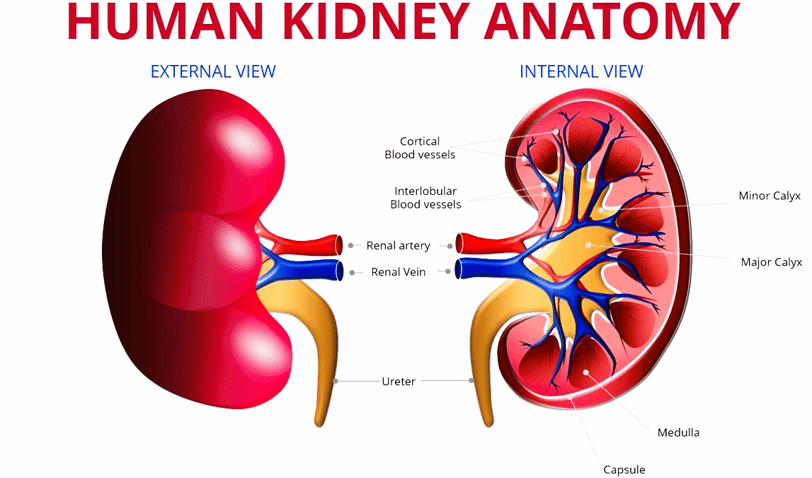Nephrology: Causes, Symptoms, Treatment, and Precautions
Explore nephrology: its causes, symptoms, treatments, and precautions. Learn about kidney health and how to manage conditions effectively with expert guidance. #Nephrology


Introduction to Nephrology
Nephrology is a specialized branch of medicine that focuses on the diagnosis, treatment, and management of kidney-related disorders and diseases. A nephrologist is a medical professional who specializes in the study and treatment of kidney conditions. Understanding the causes, symptoms, treatment options, and precautions associated with nephrology is crucial for maintaining kidney health and managing kidney diseases effectively.
Causes of Kidney Disorders
Kidney disorders can have various causes, including:
1. Diabetes: Uncontrolled diabetes can lead to diabetic nephropathy, a condition that affects the kidneys' ability to filter waste products from the blood.
2. High Blood Pressure: Prolonged high blood pressure can damage the blood vessels in the kidneys, leading to kidney disease.
3. Infections: Certain infections, such as urinary tract infections or kidney infections, can cause damage to the kidneys if left untreated.
4. Genetic Factors: Some kidney disorders, such as polycystic kidney disease, can be inherited from parents.
5. Medications and Toxins: Certain medications, toxins, and prolonged exposure to heavy metals can damage the kidneys over time.
Symptoms of Kidney Disorders
The symptoms of kidney disorders may vary depending on the specific condition, but common signs to watch out for include:
1. Changes in Urination: Increased frequency, blood in urine, foamy urine, or difficulty in urinating.
2. Fatigue and Weakness: Feeling tired and lacking energy even after adequate rest.
3. Swelling: Swelling in the legs, ankles, feet, or face due to fluid retention.
4. Persistent Back Pain: Dull or throbbing pain in the lower back, just below the rib cage.
5. Changes in Appetite: Loss of appetite, nausea, vomiting, or unexplained weight loss.
Treatment Options
The treatment of kidney disorders depends on the underlying cause and severity of the condition. Some common treatment options include:
1. Medications: Prescribed medications can help control blood pressure, manage diabetes, and reduce inflammation in the kidneys.
2. Dialysis: In cases of advanced kidney failure, dialysis may be necessary to filter waste products and excess fluid from the body.
3. Kidney Transplant: For end-stage kidney disease, a kidney transplant may be considered as a long-term solution.
4. Lifestyle Modifications: Adopting a healthy lifestyle, including a balanced diet, regular exercise, and avoiding smoking and excessive alcohol consumption, can help manage kidney disorders.
Precautions for Kidney Health
To maintain optimal kidney health and prevent kidney disorders, it is essential to:
1. Stay Hydrated: Drink an adequate amount of water throughout the day to promote proper kidney function.
2. Eat a Healthy Diet: Consume a balanced diet rich in fruits, vegetables, whole grains, and lean proteins while limiting sodium, sugar, and processed foods.
3. Manage Chronic Conditions: Control blood pressure, blood sugar levels, and cholesterol through regular check-ups and appropriate medications.
4. Avoid Nephrotoxic Substances: Minimize exposure to substances that can harm the kidneys, such as certain medications, recreational drugs, and excessive use of painkillers.
5. Regular Check-ups: Schedule regular check-ups with a nephrologist to monitor kidney function and detect any potential issues early on.
In conclusion, nephrology plays a vital role in the diagnosis, treatment, and management of kidney disorders. Understanding the causes, symptoms, treatment options, and precautions associated with nephrology can help individuals maintain healthy kidneys and manage kidney diseases effectively. Regular check-ups and adopting a healthy lifestyle are crucial steps towards ensuring optimal kidney health.
